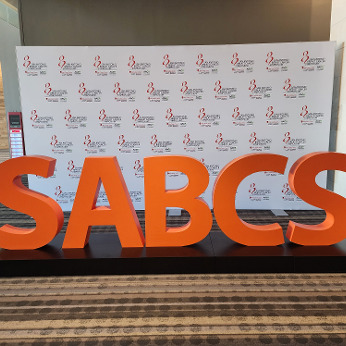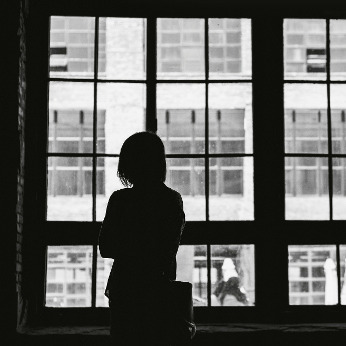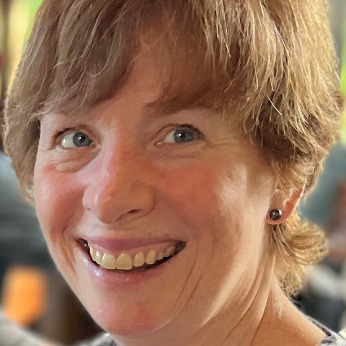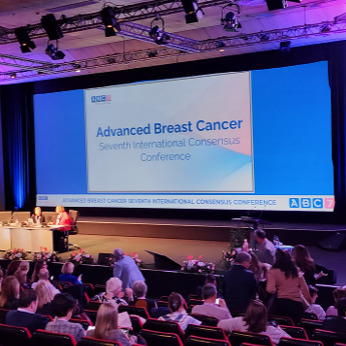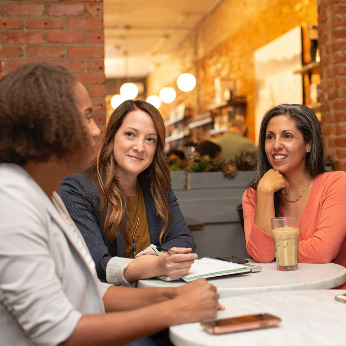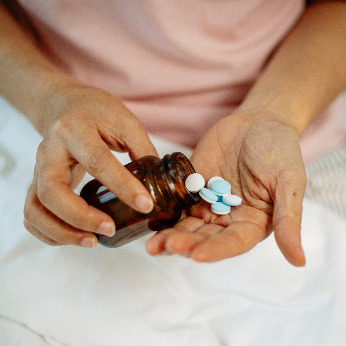By continuing to use our site, you consent to the processing of cookies, user data (location information, type and version of the OS, the type and version of the browser, the type of device and the resolution of its screen, the source of where the user came from, from which site or for what advertisement, language OS and Browser, which pages are opened and to which buttons the user presses, ip-address) for the purpose of site functioning, retargeting and statistical surveys and reviews. If you do not want your data to be processed, please leave the site.
The Voice of People With Breast Cancer
Education
Our Voices Blog
2023: Our Year in Review
2023 was a year of many changes, and CBCN’s work reflects that. In this post, we look back on some of the many activities and projects that we participated in, developed, or updated. With each development, CBCN is committed to ensuring that breast cancer patients and survivors are the driving force of the organization and that their views and concerns inform our priorities.
Latest Research from SABCS 2023 – Metastatic
There was an abundance of promising new research that came out of the 2023 San Antonio Breast Cancer Symposium. Here are some highlights for metastatic breast cancer. Be sure to check out our early-stage highlights.
Anxiety, PTSD and Depression: How to manage the emotional side of breast cancer
For me, hearing these words felt like I was falling into a deep pit that I had no way of crawling out of. My diagnosis wasn’t something I could negotiate or talk my way out of either—two things I am fairly good at. This lack of control and inability to change my situation hit me hard. I had to accept that cancer was my new reality, and this filled me with fear. The feelings that followed oscillated between depression and anxiety—and they weren’t fleeting.
Latest Research from SABCS 2023 – Early Stage
CBCN had the pleasure of attending the San Antonio Breast Cancer Symposium in December. Below you’ll find the latest research for early-stage breast cancer. Watch out for the latest research on mBC.
Our Top 10 Blog Posts from 2023
In 2023, our most read blog posts reflect the interest that patients have in connecting with others, seeking support, and sharing experiences and personal stories. Diagnoses at a young age, parenting with breast cancer, living with mBC, and other personal stories made up most of our list. Lifestyle, the latest research, and different options for reconstruction fill out the topics that our readers were most interested in last year. Here CBCN presents our top 10 blog posts from 2023.
For Lorraine’s Sake
Our mother had breast cancer in her 50s, which increased her two daughters’ risk of also developing breast cancer. In 2005, my sister, Lorraine Smith, who was 41, enrolled in an early detection program and had her first mammogram. At the time, mammography reports were not disclosed to the patients, and they were not told anything about the density of their breasts, and what it means.
Advanced Breast Cancer 7th (ABC7) International Consensus Conference Round-Up
CBCN had the opportunity to attend the ABC7 conference in Lisbon, Portugal from November 9 to 11, 2023. Here are some highlights from the conference.
Single and Breast Cancer? You may be on your own, but you don’t have to go through it alone
I was single when I was diagnosed with breast cancer. Freshly divorced too. I’m still single, because let’s be honest, I’m insecure about what my right boob and armpit now look like, never mind the fact that I’m still carrying 40 pounds of Tamoxifen weight. So, when I think about the idea of being naked in front of another human being, it makes me want to run upstairs into my bedroom, rip open my dresser drawers, pull out and put on every single pair of big panties, sweatpants and baggy sweatshirts I own all at the same time. But that’s the easy part. The emotional stuff is harder.
Q&E Sessions: A Surgical Oncologist Answers Your Questions About Breast Cancer Clinical Trials
In today’s post, we provide the questions that were sent in and asked during the live session of our Questions and Experts session held on October 3, 2023. In this session, Surgical Oncologist Dr. Mark Basik answers your questions about clinical trials. In the parentheses, you’ll find the timestamp of where to find the question in the on-demand video.
Breast Cancer Research Highlights from the ESMO Congress 2023
The European Society of Medical Oncology held their annual congress in Madrid, Spain from October 20-24, 2023. Members of the CBCN team had the opportunity to attend and learn about the latest research to be announced for breast cancer. Here are some of those highlights.


